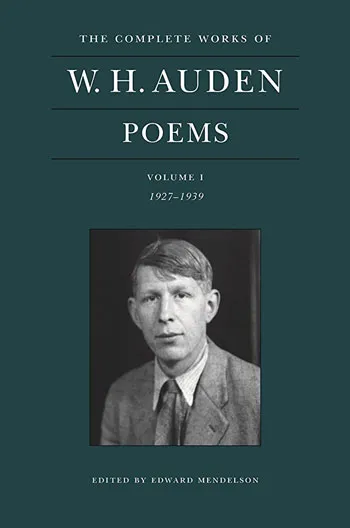Seamus Heaney regretted, in justly measured tones, “the passing from Auden’s poetry of an element of the uncanny, a trace of the Ralegh frisson, of the language’s ‘chief woe, world-sorrow.’ ” If each generation must renew the best poets of a previous generation within the truth of our changed reality and desires, we would do well to search for what Heaney found abundant in early Auden and lacking in the later poems: that “uncanny” poetic energy, that word-by-word emotional estrangement that poetry induces in the reader, Ralegh’s premonitory grief—“It frets the halter, and it chokes the child”—or Hopkins’s world-sorrow: “All life death does end and each day dies with sleep.” Like Heaney (and Randall Jarrell and Philip Larkin before him), I am partial to the lyrical sunburst of Auden’s early work, with its “bewildered and unsettling visions” of the shock and insularity of the twentieth century, but I find frissons of uncanniness and world-sorrow throughout his poetry, early and late.
Read more of David Woo’s essay on Auden here.
